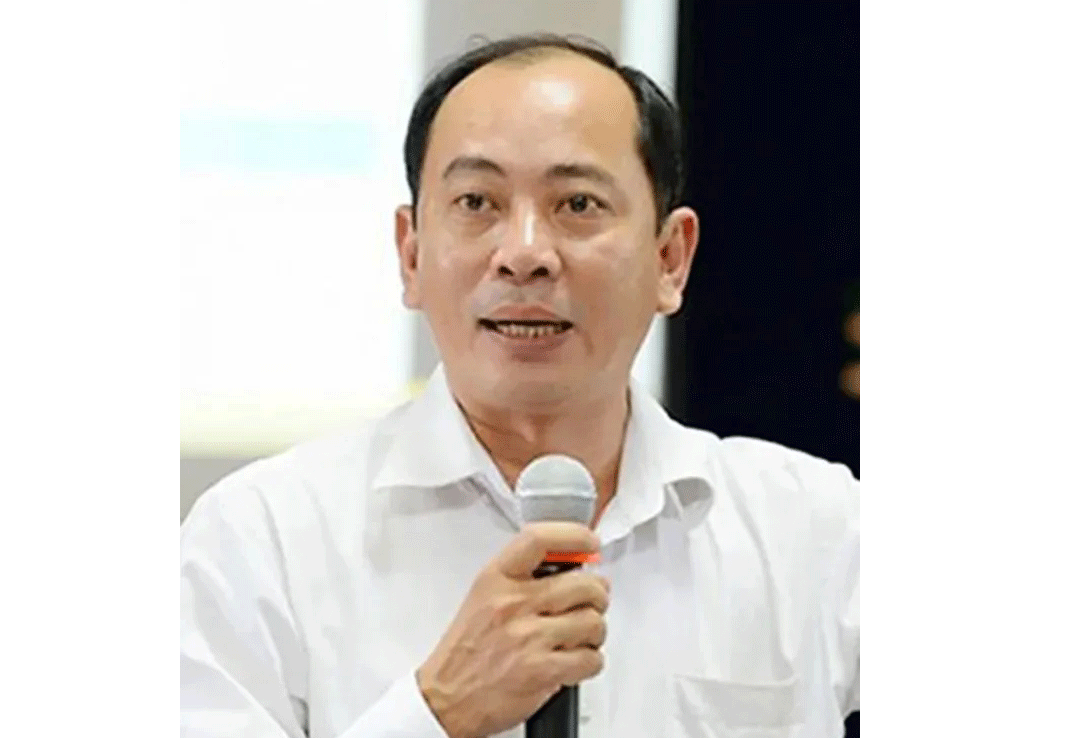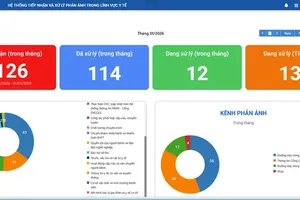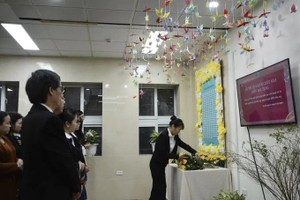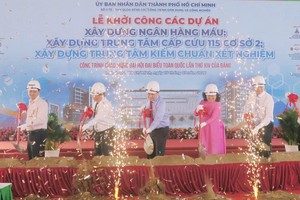 Dau Anh Tuan, Head of the Legal Department of the Vietnam Chamber of Commerce and Industry (VCCI)
Dau Anh Tuan, Head of the Legal Department of the Vietnam Chamber of Commerce and Industry (VCCI)
Mr. Dau Anh Tuan said that the fear of responsibility in public procurement bidding after recent incidents is in fact understandable. To carry out regular public procurement, it is necessary to have institutions and people who are extremely knowledgeable about the process, procedures, and laws so that this process can be carried out in the best way.
Another important thing is the non-profit nature, if public procurement does not install personal interests, does not share expenses, giving more for lubricating the bidding procedure, it will certainly not happen in cases like Viet A, said Mr. Tuan.
Furthermore, Mr. Tuan revealed that the results of a large-scale survey of more than 1,100 enterprises participating in public procurement tenders conducted by VCCI over the past time show that most enterprises are encountering difficulties while participating in bidding is the preparation time for the bids which is too short accounting for 17 percent, the invitation to bid was not publicly announced accounting for 15.9 percent, the contract performance conditions were too difficult accounting for 15.1 percent.
In addition, nearly 14 percent of enterprises said that it was unusually difficult for the bid solicitor to set standards on competence and experience for contractors while 11.4 percent of enterprises raised the issue that the sub-criteria were sometimes inadequate. Through VCCI’s investigation, up to 41.5 percent of enterprises participating in public procurement bidding in the past two years have encountered one of the above problems, said Mr. Tuan.
Moreover, there has been an overlap and inconsistent regulations on contracts between the Law on Bidding and the Law on Construction. For example, the Law on Bidding stipulates that in case the adjustment of the contract performance schedule prolongs the project completion schedule, it must be reported to a competent person for consideration and decision while the Law on Reconstruction stipulates that when a contract is adjusted to change the investment objective, contract execution time, or exceed the approved construction bidding package estimate, the investment decider's permission must be obtained. Inconsistency between the two laws is causing many problems when implemented, said Mr. Tuan.
He also pointed out that the Law on Bidding stipulates that the package contract is mandatory for construction and installation bidding packages costing no more than VND20 billion and goods bidding packages costing no more than VND10 billion. This is an inappropriate regulation because some construction and installation bidding packages, small-scale goods that cannot be foreseen, change and supplement the volume during implementation, and the arising and supplementing of the volume work happens all the time. It is also very difficult to determine the risk factors and provision for slippage right from the bidding package pricing step to calculate the provision cost.
The conflict between the Law on Bidding and the Law on Land is also a big problem. The Law on Bidding and the guiding decree stipulated that the selection of investors to implement investment projects in the form of public-private partnership (PPP), investment projects using land such as building commercial houses, commercial works, multi-purpose construction services, multi-purpose complexes for business purposes, must conduct bidding to select investors.
However, the 2013 Land Law stipulated investment in the construction of houses for sale or for lease or for lease-purchase, investment in the construction of infrastructure for transfer or lease only regulations on land allocation or land lease through the auction of land use rights are not regulated but do not stipulate the case of land allocation or land lease through the land-use project.
In addition, there should be supervision of independent parties such as associations, and the press in the bidding process. For example, for medical bidding packages, the supervisory party may be a representative from the medicine manufacturers association or a representative of a medical association. Information on bidding packages, evaluation of bids and winning bidders, and contracts should be disclosed in a timely manner so that the press, people, and social organizations can access and monitor it.
Along with that, inspectors should examine and audit public agencies and organizations that invite procurement, public tenders, and state management agencies.
























